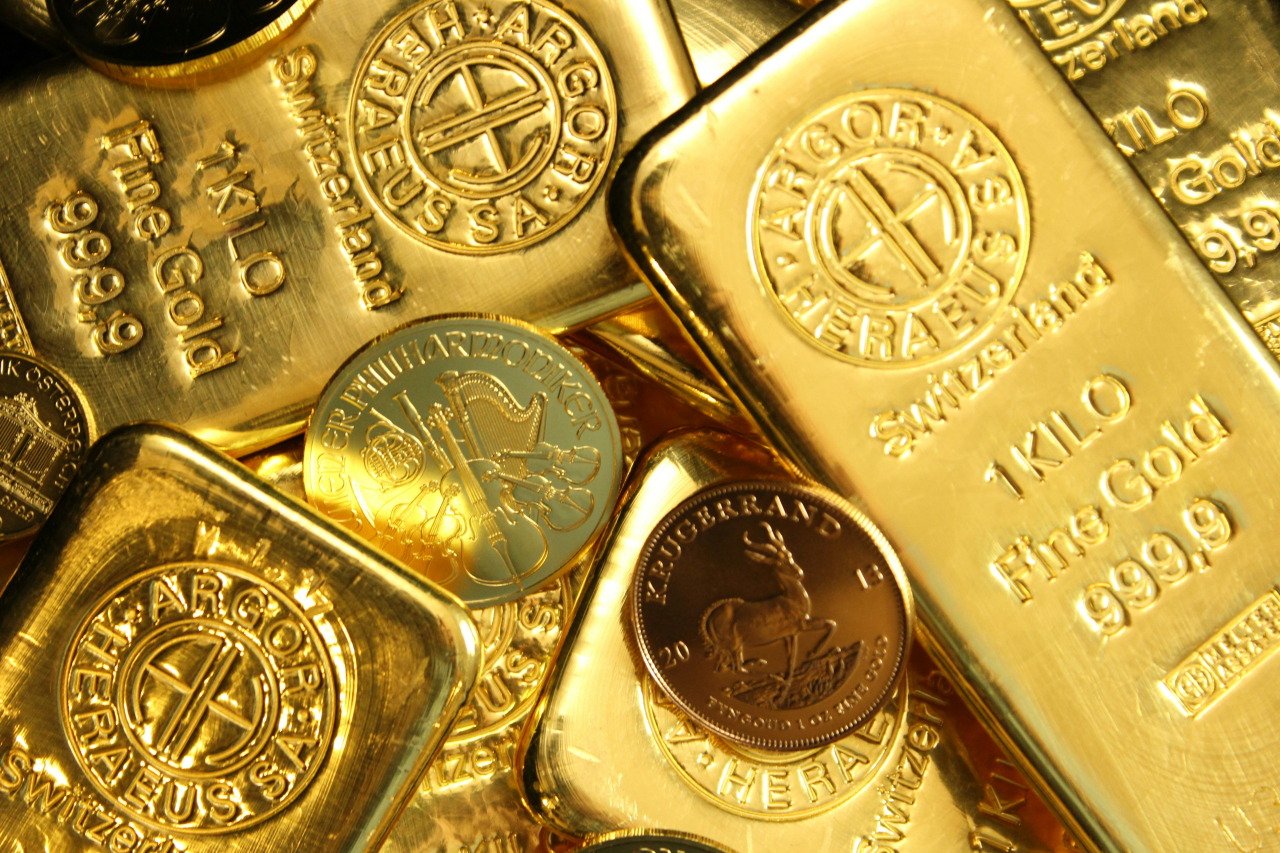The handling of tax levies varies from country to country. In Germany, profits from the sale of precious metals remain tax-free after a one-year holding period, while Swiss citizens are expected to declare all gold investments in their annual tax returns. So precious metal investors who plan to relocate to Switzerland will have a few points to bear in mind. And to avoid any unpleasant surprises, it’s always wise to seek individual advice from a tax advisor.
The purchase of gold coins and bars for investment purposes is VAT-exempt in Switzerland as well as in the European Union (EU). This is because, unlike white precious metals such as silver, platinum and palladium, pure gold is classed as an investment product. However, this does not extend to include gold jewellery and watches – VAT is still due on these items regardless of their gold content. And while the VAT rate in Germany is 19%, in non-EU Switzerland the rate is a modest 8.1%.
For investment gold purchases to qualify for VAT exemption in Switzerland, they must meet certain criteria: The fineness of gold coins, for example, must be at least 900/1000. And while many historical gold coins, such as the Swiss Vreneli, can be purchased ex-VAT, the purchase of coin replicas is still subject to VAT. Gold bullion bars must have a fineness of at least 995/1000 and bear the stamp of an approved refinery recognised in Switzerland.
Gold in Switzerland: income tax and wealth tax
Precious metals, which fall into the category of investment products, are considered assets in Switzerland, as are expensive pieces of jewellery. So the ownership and value of such items must be reported on the annual tax return. However, private investors are not required to pay income tax on capital gains arising from a sale of such items, regardless of the holding period.
Unlike many EU countries, Switzerland imposes a tax levy on all assets – which is why precious metals and other valuables must always be listed in tax returns. The amount of wealth tax applied, and any exemptions, will vary from canton to canton. So taxes on gold holdings in Switzerland are a wide-ranging topic that new citizens should certainly research carefully.
Furthermore: Anyone who buys gold abroad and wants to import it into Switzerland must also expect to pay import taxes. However, some allowances apply, so how much you pay will depend on the type of gold and the amount imported. Swiss import tax is based on a statutory VAT rate of 8.1%. Your tax advisor will be able to offer detailed help.

